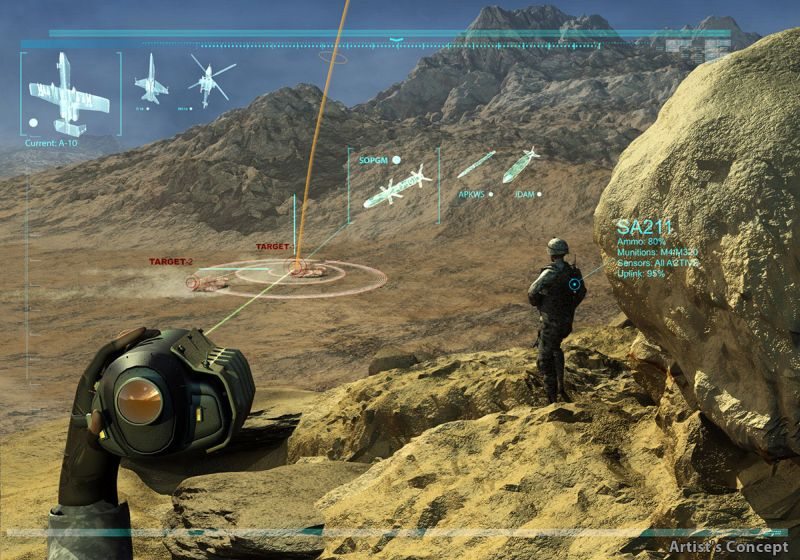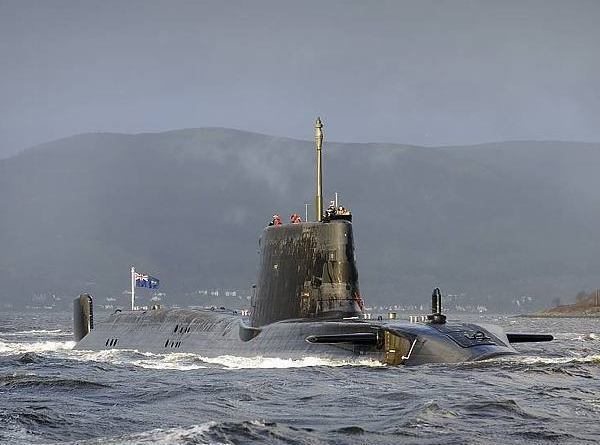Raytheon is moving forward with the Defense Advanced Research Projects Agency on the agency’s Persistent Close Air Support (PCAS) program, whose software could enable ground troops to receive close air support sooner by improving coordination among joint terminal attack controllers, airborne sensors and weapons.
Originally designed for the A-10 Thunderbolt, the recently expanded PCAS program intends to now develop a platform- and sensor-agnostic electronics suite that can be easily integrated onto multiple platforms.
During the current 12-month phase 2 effort, Raytheon is maturing the PCAS program from preliminary design to a critical design review, with an option for phase 3.
The PCAS Phase 2 contract was awarded in Raytheon’s fourth quarter of 2012 and modified in the third quarter of 2013. The phase 3 PCAS contract is expected to include an 18-month, $25 million effort culminating in a series of flight tests and live-fire demonstrations.
Raytheon is the systems integrator for PCAS and leads an industry team comprised of Rockwell Collins, General Electric and BAE Systems. Raytheon brings its expertise in overall systems integration, weapons, aircraft integration and unmanned aircraft system ground control stations to PCAS.
“Every minute on the ground counts for warfighters waiting for close air support,” said Tom Bussing, vice president of Raytheon Missile Systems’ Advanced Missile Systems product line.
“PCAS could reduce the critical minutes it takes to get it to them. Raytheon is not just developing next-generation weapons, we are constantly finding ways to make them more effective in theater to protect our troops.”











